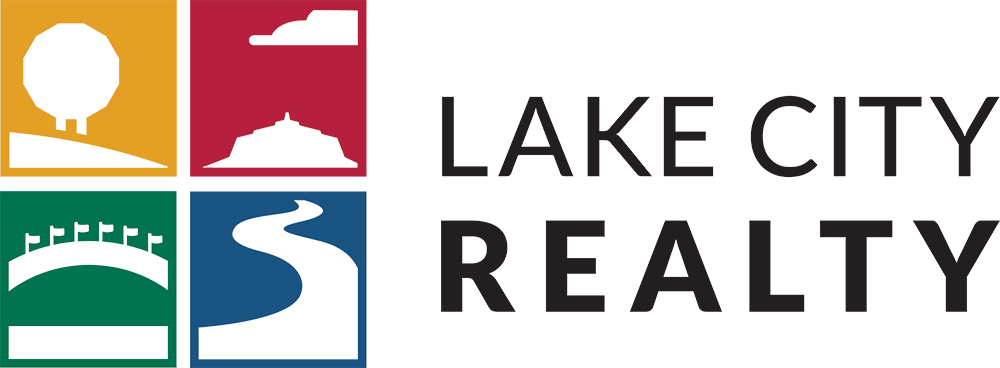What's Home Equity and How Do You Build It?
Home equity is one of the most powerful financial tools for homeowners. Whether you’re a first-time buyer or have been in your home for years, understanding how home equity works can help you make smart financial decisions. Let’s break down what home equity is, why it matters, and how to build it over time.
What Is Home Equity?
Home equity is the portion of your home that you truly “own”—it’s the difference between the current market value of your home and what you still owe on your mortgage. For example, if your home is worth $300,000 and you still owe $200,000 on your mortgage, your equity is $100,000.
Think of home equity as an asset. Over time, as you pay down your mortgage and (hopefully) your home increases in value, your equity grows. You can tap into that equity later for home improvements and other assets that will add value to your home.
How Home Equity Builds
There are two main ways to build equity in your home:
Paying Down Your Mortgage: Every time you make a mortgage payment, a portion of that payment goes toward paying off the loan’s principal (the amount you borrowed). The more of the principal you pay off, the more equity you build. In the early years of your mortgage, more of your payment goes toward interest, but over time, as your loan balance decreases, more of each payment goes toward the principal, and equity grows even faster.
Appreciation (Increasing Property Value): The other way to build equity is through appreciation, or when the value of your home increases over time. Market conditions, improvements to the locale, and renovations can all increase the value of your home. For example, if your home appreciates by $50,000 over five years, that increase adds at least $50,000 to your equity, assuming your mortgage balance stays the same or goes down.
How to Build Home Equity Faster
While equity naturally builds as you make your monthly payments, there are ways to accelerate the process:
1. Make Extra Mortgage Payments
One of the easiest ways to build equity faster is by paying extra toward your mortgage principal. Even an extra payment or two each year can reduce your loan balance more quickly, helping you build equity at a faster pace. Just make sure to specify that any extra payment goes toward the principal, not the interest.
2. Increase Your Property Value with Renovations
Upgrading your home can boost its market value, which, in turn, increases your equity. Focus on renovations that offer a high return on investment (ROI), like updating the kitchen or bathrooms, adding energy-efficient features, or improving curb appeal. These improvements not only make your home more enjoyable to live in but also increase its resale value and boost your equity.
3. Avoid Taking on Additional Debt
If you want to build home equity quickly, resist the temptation to take out home equity loans or lines of credit unless absolutely necessary. These loans use your equity as collateral, so borrowing against it reduces the amount of equity you have in your home. Instead, focus on paying off your mortgage balance to increase your equity over time.
Why Home Equity Matters
Building equity in your home is important for several reasons:
Financial Security: Home equity represents wealth that you can tap into if needed. It can act as a financial cushion in tough times or help fund large expenses without relying on credit cards or personal loans.
Leverage for Loans: Home equity can be used as collateral for a home equity loan or line of credit (HELOC). These can be useful for financing home improvements, paying off high-interest debt, or funding major purchases.
Higher Returns When Selling: The more equity you have, the more money you’ll get back when you sell your home. For example, if you sell your home for $350,000 and you still owe $150,000, the remaining $200,000 is yours (minus selling costs, of course).
Tapping Into Your Home Equity
Once you’ve built up significant equity in your home, there are ways to tap into it:
Home Equity Loans: This type of loan lets you borrow a lump sum, using your home’s equity as collateral. It’s a good option if you need to cover a large expense and want predictable payments.
Home Equity Line of Credit (HELOC): A HELOC works more like a credit card. You’re given a line of credit that you can draw from as needed, and you only pay interest on what you borrow.
Cash-Out Refinancing: This option replaces your existing mortgage with a new one that’s larger than what you owe. You pocket the difference between the new loan and your current mortgage balance, giving you access to your home’s equity.
Building home equity takes time, but it’s one of the best ways to grow your wealth as a homeowner. By making smart financial decisions, paying down your mortgage, and investing in your property, you can build equity faster and enjoy the financial benefits it brings—whether that’s through selling, borrowing, or simply increasing your net worth.
Thinking about selling?
Get in touch. My team is on standby ready to make your real estate goals a reality.



